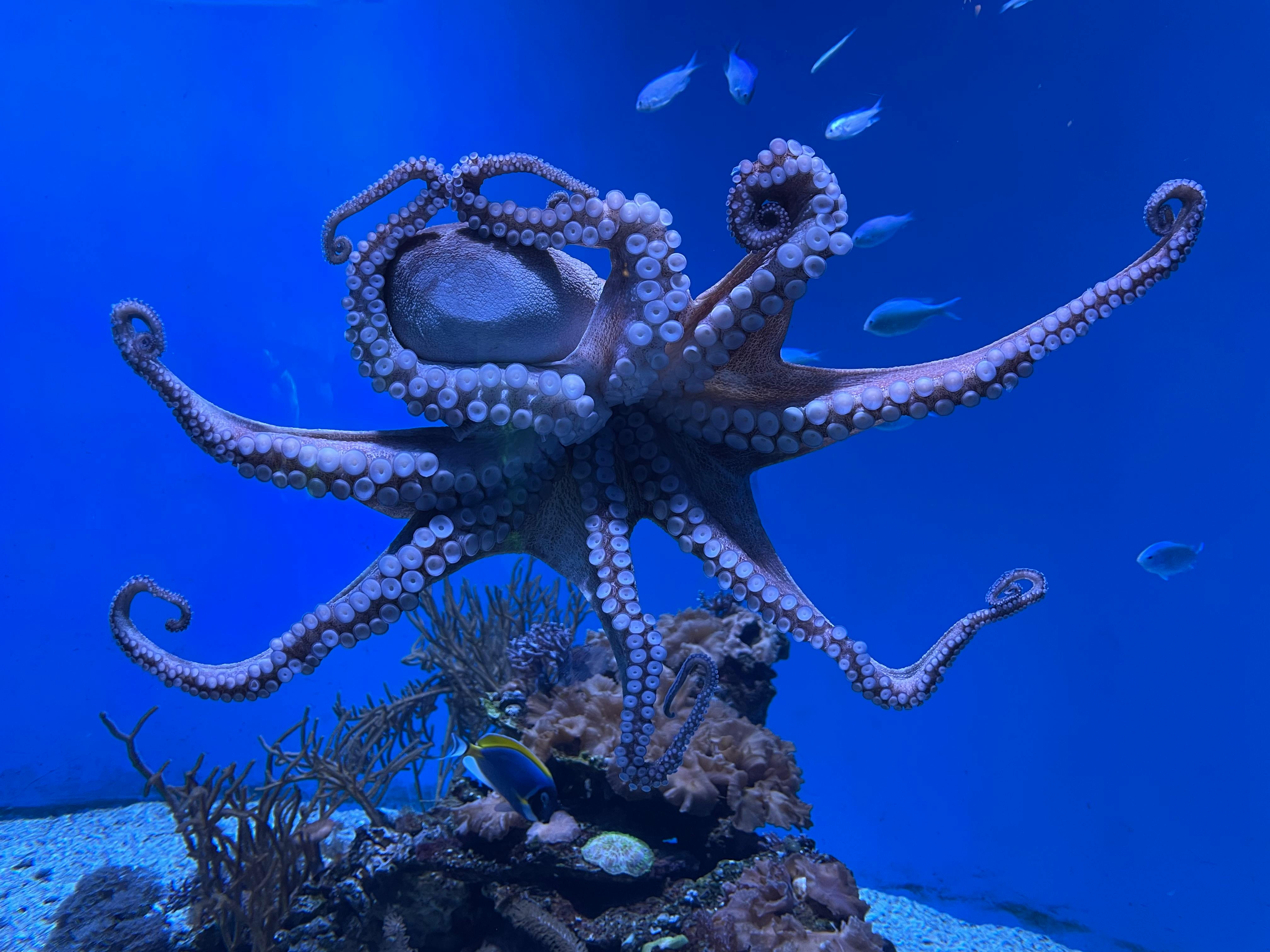The Astonishing Intelligence of Octopuses: An Exploration into Their Cognitive Abilities
Octopuses have long been a source of fascination for marine biologists, animal behaviorists, and pet owners alike. Their problem-solving skills, ability to manipulate objects, and apparent capacity for learning make them one of the most intelligent invertebrates on Earth. This article will delve into the astonishing cognitive abilities of octopuses, discuss recent research findings, and ponder on the implications these findings have on our understanding of intelligence.

Unraveling the Octopus’s Brain: A Historical Overview
The study of octopus intelligence began in earnest in the 1950s, when scientists first observed octopuses exhibiting problem-solving behavior in labs. They were seen to manipulate objects, use tools, and even escape from their enclosures. These early observations sparked interest in studying the octopus’s brain, which is substantially different from the brains of other animals.
The Current State of Octopus Research: Recent Discoveries
Research into octopus intelligence has advanced significantly in recent years. Scientists have found that octopuses have a surprising degree of individual personality and can exhibit traits such as boldness, shyness, and curiosity. They have also been observed to learn from each other, a form of social learning that was previously thought to be exclusive to vertebrates.
The Market for Octopus Pets: Costs and Considerations
While the idea of having an octopus as a pet may seem appealing due to their intelligence, it’s important to note that they are not easy pets to care for. The cost of setting up a suitable octopus habitat can range from $300 to $500. The octopuses themselves can cost anywhere from $30 to $100, depending on the species. They also require a specialized diet and a carefully maintained environment.
Implications of Octopus Intelligence: What Does It Mean for Us?
The study of octopus intelligence isn’t just about understanding octopuses. It also has broader implications for our understanding of intelligence itself. The fact that octopuses, which have evolved separately from us for hundreds of millions of years, can display such sophisticated behavior challenges our assumptions about what intelligence is and where it can be found.
Future Directions: What’s Next for Octopus Research?
There’s still much to learn about octopus intelligence. Future research will likely focus on studying their behaviors in more detail, understanding the genetics behind their intelligence, and exploring whether they have some form of consciousness. As this research progresses, we can look forward to gaining even more insight into these fascinating creatures.
In conclusion, octopuses offer a unique lens through which we can explore the nature of intelligence. Their remarkable cognitive abilities not only make them a topic of great scientific interest but also challenge our understanding of what it means to be intelligent. The more we learn about octopuses, the more we learn about the incredible diversity of life on our planet.




